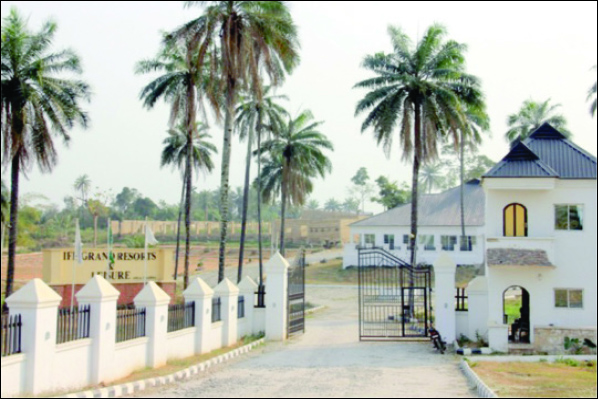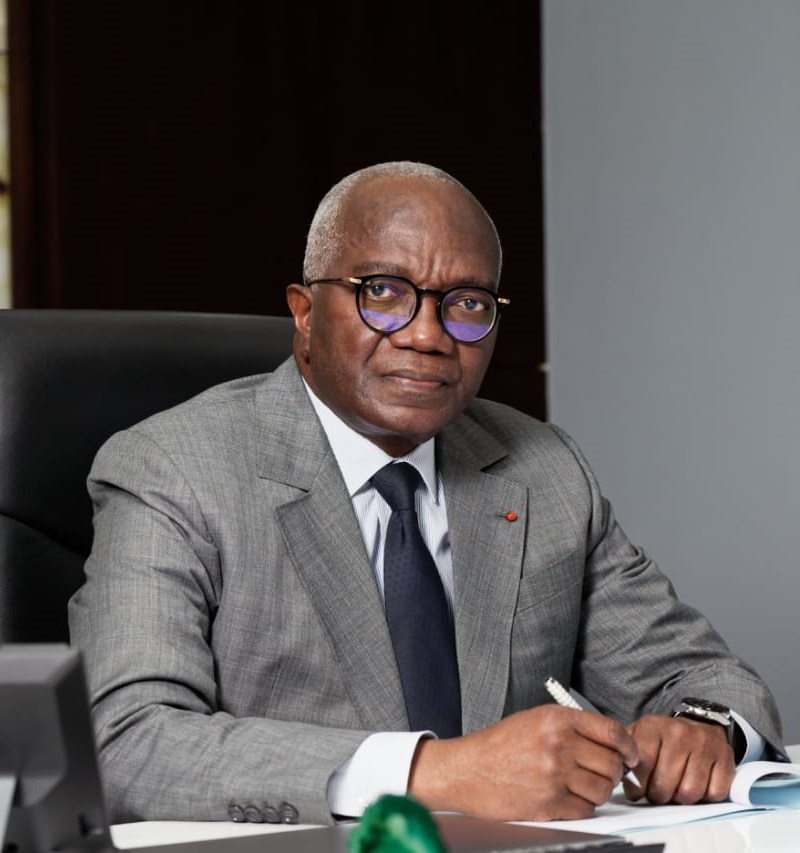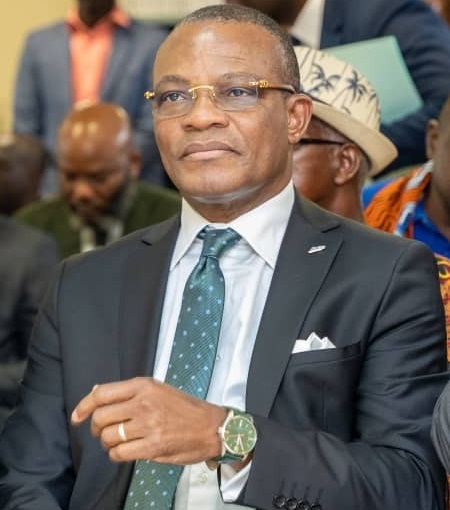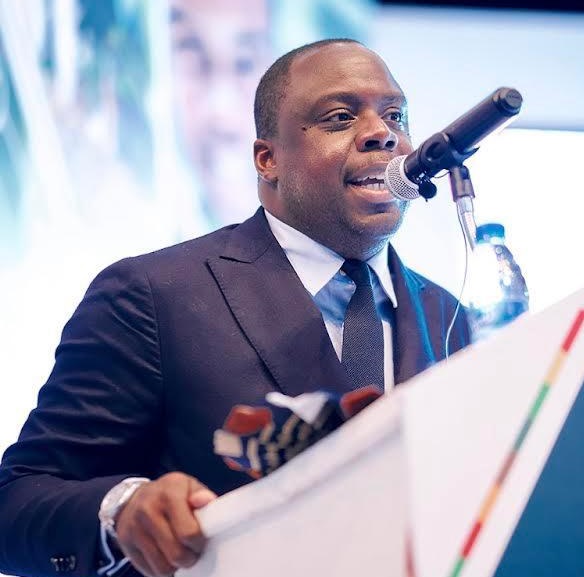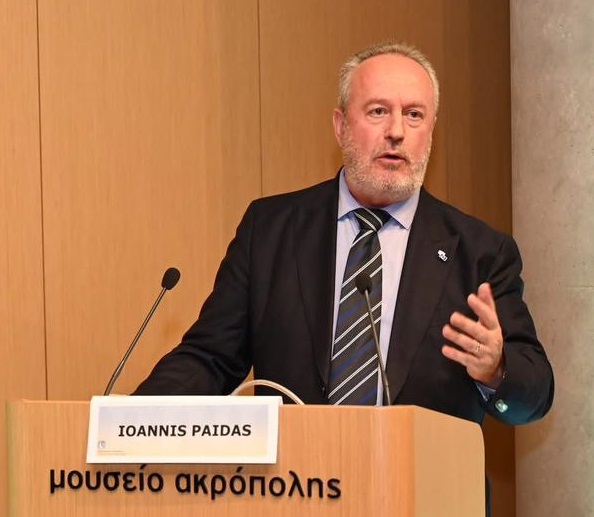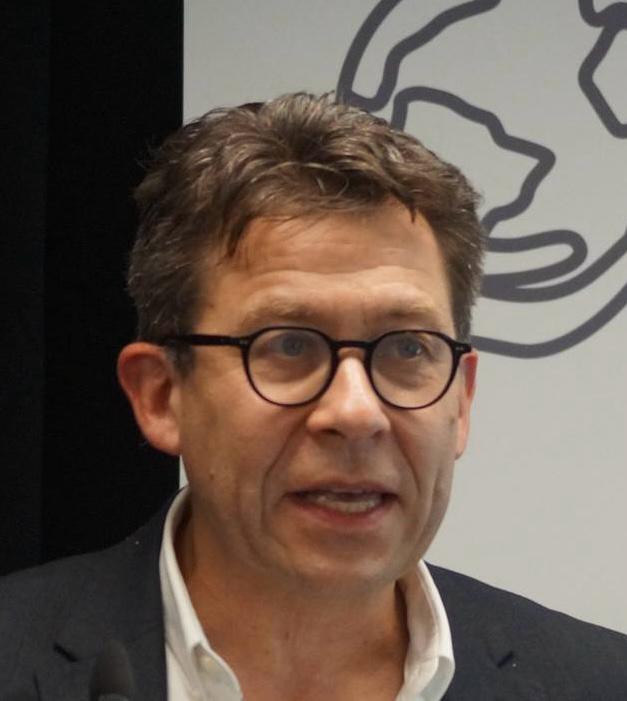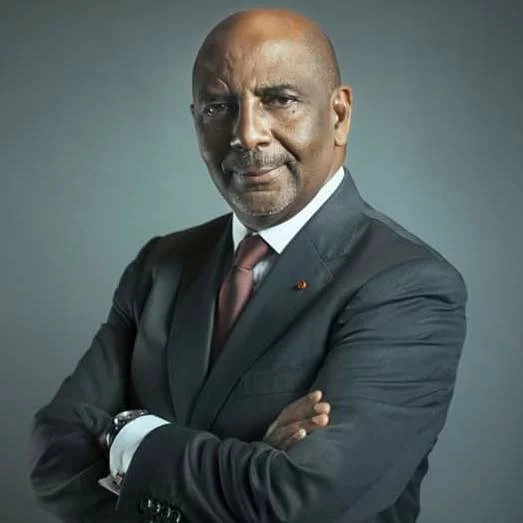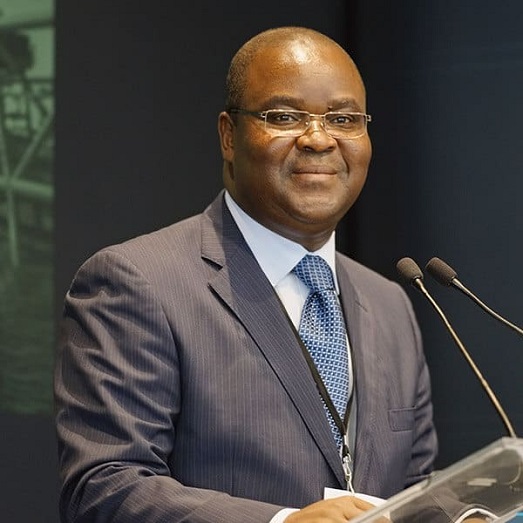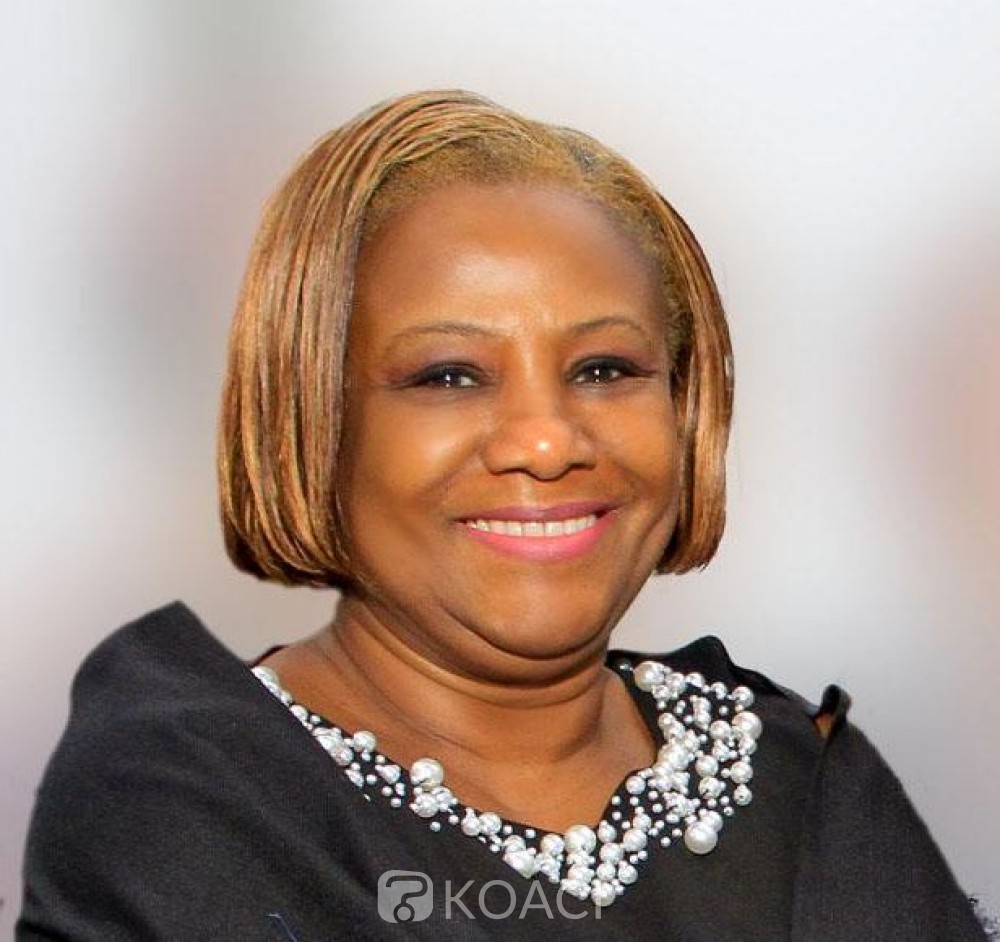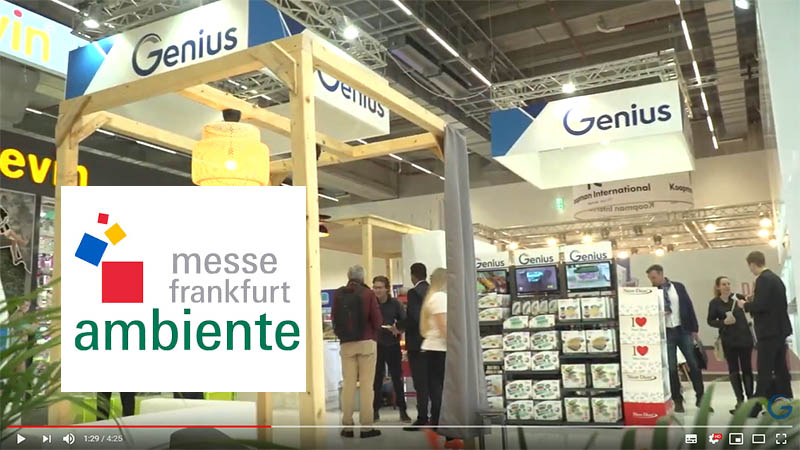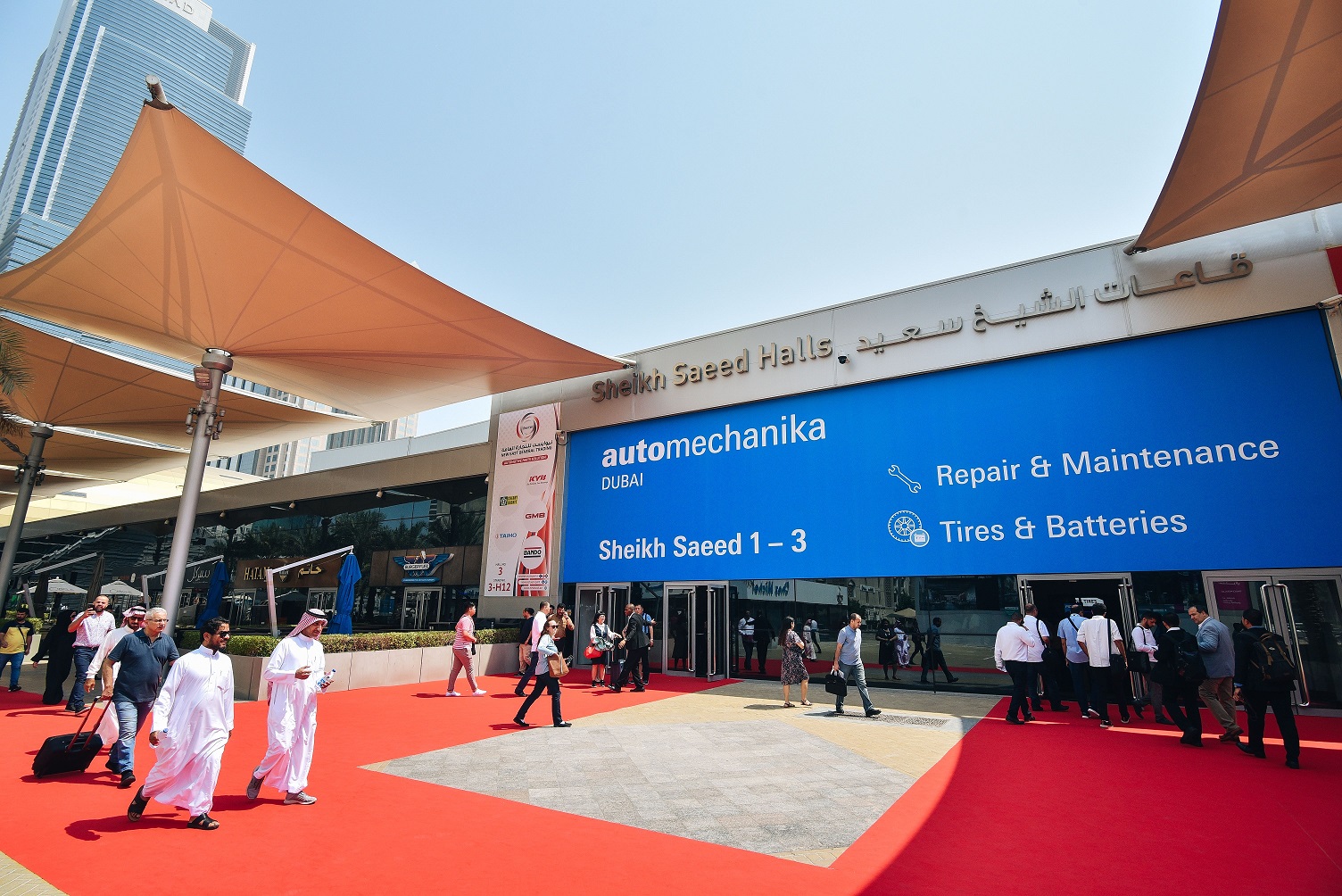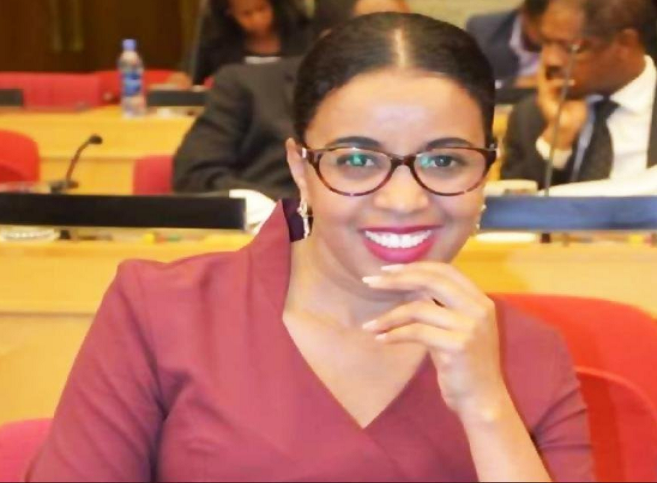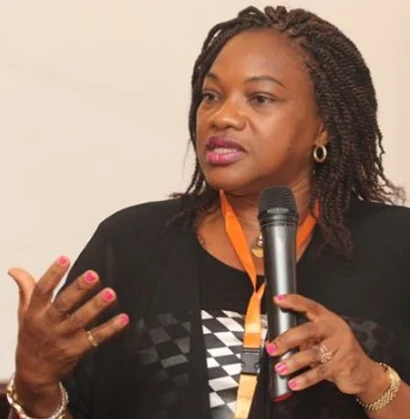A new architecture masterpiece packaged under Ife Grand Resort, a real estate cum tourism project, being built by the Ooni of Ife, Oba Adeyeye Ogunwusi, has got March 2018 date to complete construction works on the resort’s phase 1.
And if that date is achieved, that means, Ife in Osun state may be hosting friends of the land and the monarch, who may be warming up to grace the commissioning ceremony of this project said to gulp N7.6b.
At the moment, construction works on its phase 1 is above 90 per cent, though workers on site have increased the tempo of work to meet the delivery date.
Built on 252 hectares of land, the new resort upon completion will have 300 rooms.
Its location is strategically situated at along Ibadan-Ife Expressway.
The resort already sparkling in white colour-paint is similar to Inagbe Resort, multi-million naira, which Oba Ogunwusi was undertook as a businessman.
This Ife Resort, is a place where modernity meets African rural setting. If you are driving into Ife from the Ibadan end of that ever-busy Ibadan-Ife road, this sprawling resort hits you in its grand splendour.
To the right hand side from the highway you can see the white structures, all bungalows, built in chalet format. Because the road is on a higher plain, you can have a birds eye view of the resort.
The resort is scheduled to be opened in March, 2018. Its called the Ife Grand Resorts & Leisure, a replica of Ooni’s Inagbe Grand Resorts located on an Island off Lagos waters. The major difference is that whilst you can access the new Ife resorts by road, Inagbe can be accessed by water.
INDEPENDENT learnt that construction workers working at fast pace to enable them meet up with the March deadline.
Explaining the concept of the project, Mr. Elusakin Oluwasogo, the Manager of the Resort, said: “The Ooni, when he was conceiving the idea wanted to have a place where Modernity and Tradition actually come together. And that is what you see here. We have nature at its very best here. Kabiyeesi actually insisted when construction started here that none of the trees should be touched or cut. He wants nature’s presence here. That is why at the entrance into the reception hall, we left these two tall palm trees alone as we met them. They are there to beautify the structure. We had to accommodate them.”
Most of the streets are actually named after major towns and cities across the Yoruba nation, in the Western part of Nigeria like Oyo, Ogbomosho, Lagos. It is a way of celebrating what we have.
“Look at our front desk, inside the reception area, its nature in its raw form. Our reception desk was carved out of an Iroko wood. Our chairs at the reception area also convey a message and say something about Africa and African culture.
With independent


